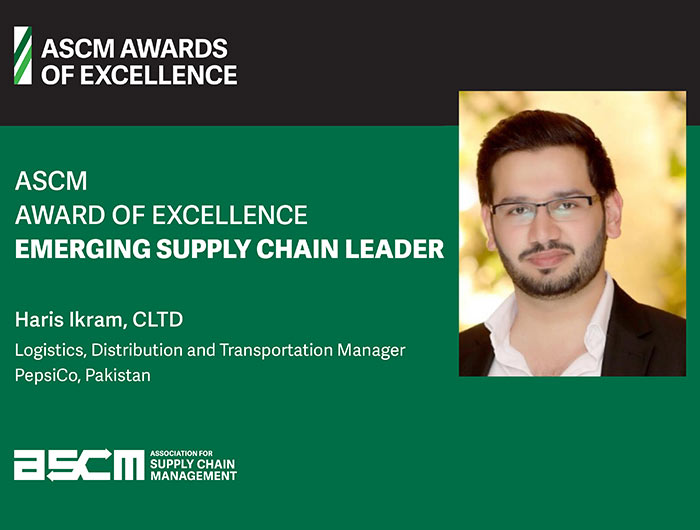This Super Bowl Sunday, the annual spectacle will captivate the attention of millions. But what's the real MVP of the Super Bowl? The epic touchdown catches? The rousing halftime show? The big-ticket commercials? For many fans, it's actually the glorious array of refreshments and party platters. While quarterbacks strategize and defenses clash, snack tables often become the true battlegrounds.
In fact, Super Bowl Sunday is second only to Thanksgiving for food consumption in the United States. Consumers are expected to spend $17.3 billion on Super Bowl-related purchases this year, with fans devouring a staggering 2 million Domino’s pizzas and 1.25 billion chicken wings. But chips are the snack of choice, with 75% of Super Bowl watchers planning to buy the game day classics, followed by dips, salsa or guacamole at 67%.
One company that understands this better than most is PepsiCo. Their portfolio includes Doritos, Fritos and Tostitos — not to mention Pepsi Cola and Gatorade. Laura Maxwell, senior vice president of supply chain at PepsiCo Foods North America, told Progressive Grocer this week that her company emerged from the pandemic with a desire to always be a consumer's choice in foods. That meant going beyond beverages and snacks and moving into other segments, such as pasta, sauces, syrups, cookies and more. According to the article, the company focused on three main factors to make this happen:
1. Go small to go big. The PepsiCo Labs initiative was launched to advance technology innovation with emerging solutions. So far, it has evaluated about 2,500 startups and helped usher in more than 200 pilots. “They understand the problems of the business and then seek out emerging technology, innovation and digital solutions that can help us solve them,” Maxwell explains.
2. Sustainability through declaring double. “When you have to transform, you need to set enormous goals,” Maxwell adds. For PepsiCo, that means making everything measurable, including water usage, carbon and more, then doubling that progress over a year.
3. Focus on partnerships. As Maxwell puts it, being part of a supply chain that embraces complexity and then looks for partners that can “help us go for it” is enabling the company to invent an even brighter future.
Transformation solutions for any supply chain
Just like the Super Bowl showcases athletic prowess and strategic ingenuity, a well-functioning supply chain is a marvel of its own. At ASCM, we offer a myriad of transformation solutions for corporations seeking to achieve supply chain excellence and create a competitive advantage. Increase resilience in the face of uncertainty by effectively managing disruption. Operationalize circularity with ASCM’s sustainability standards. And discover how other supply chain organizations have already made award-winning transformations through inspiring case studies from Eaton, Microsoft, Roche and others.
ASCM’s five-step process for a successful transformation journey — engage, define, analyze, plan and launch — will uncover real opportunities to make measurable, lasting change. Don’t fumble your supply chain’s future; let the ASCM pro team build you a winning game plan, and you’re sure to score a transformation touchdown!



